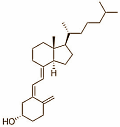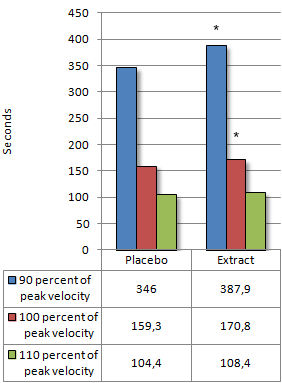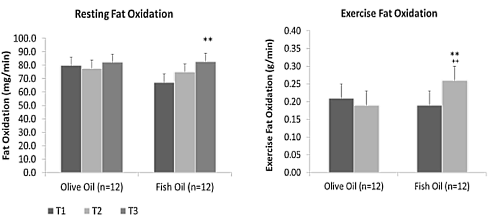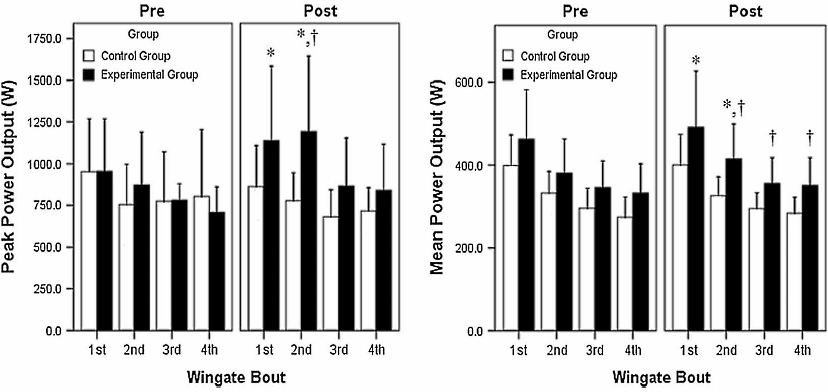|
Two weeks of extra vitamin D: fitter, less quickly tired, lower blood pressure and less cortisol
Give a group of healthy people 50 micrograms of vitamin D3 every day for two weeks, and their endurance capacity increases significantly. They feel less fatigue when exercising and cover greater distances, and their blood pressure decreases, as does the concentration of cortisol in their body. Scottish researchers at Queen Margaret University wrote about it in Therapeutic Advances in Endocrinology and Metabolism.
Study
The researchers gave 9 healthy people 2000 units (that's the same as 50 micrograms) of vitamin D3 every day for 14 days. Six people were given a placebo. The researchers did various tests with the participants before and after the period in which they were given vitamin D3.
Results
Before and after the period of vitamin D administration the participants had to cycle for 20 minutes on a velometer. After the supplementation period the participants who had taken vitamin D covered a greater distance than the participants in the placebo group.

After the supplementation the participants who had taken vitamin D felt less tired just after their velometer session than the participants in the placebo group.
Vitamin D supplementation lowered systolic and diastolic blood pressure both when the participants were resting [first figure below] and during the velometer session [second figure].


In the figure on the left below you can see that vitamin D supplementation lowered the concentration of cortisol in the urine.
The figure on the right above shows how vitamin D reduced the cortisol:cortisone ratio in the participants' urine.
Mechanism
"Vitamin D exerts antihypertensive effects through the inhibition of the renin-angiotensin-aldosterone system (RAS) and the association between vitamin D levels and renin activity was first established in 1986", the researchers wrote. [Ann Intern Med. 1986 Nov;105(5):649-54.] "RAS is a vital regulator of blood pressure through renin activity, in which renin cleaves angiotensin I to angiotensin II and once bound to the receptor, it exerts regulatory effects on blood pressure. Inappropriate stimulation of RAS proceeds to hypertension suggesting that the inhibition of RAS by vitamin D may reduce blood pressure."
"Urinary cortisol and the cortisol:cortisone ratio reduction suggests a decrease in the stress hormone levels, that may be due to the reduction of 11-beta-HSD1 activity (the enzyme responsible for the activation of cortisone to its active form, cortisol)."
Source:
Ther Adv Endocrinol Metab. 2016 Aug;7(4):153-65.
More:
Daily dose of vitamin D keeps over 50s' muscles in shape 19.12.2015
More vitamin D, more muscle mass 07.04.2015
Animal study: 1000 IU vitamin D3 inhibits muscle breakdown in athletes 29.11.2013
Archives:
Endurance Supplements
Cardiovascular Health
Blocking Cortisol
Vitamin D
Vitamins
|









